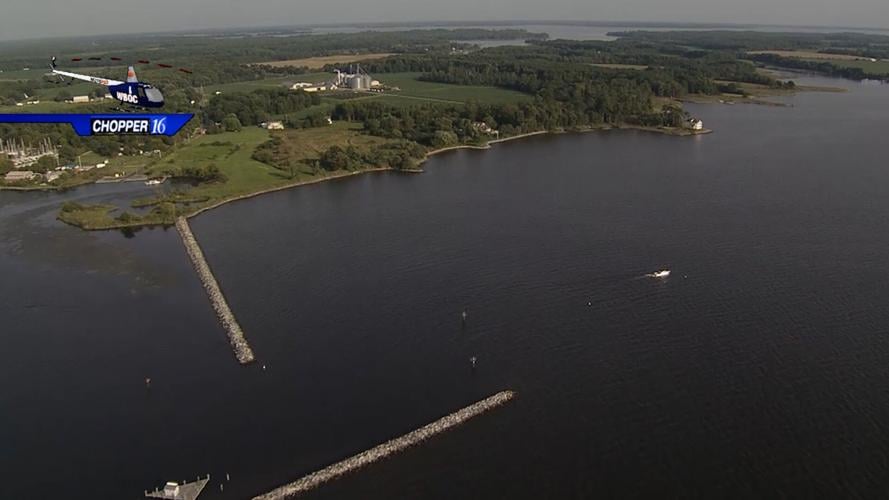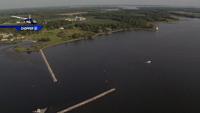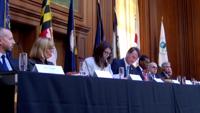WASHINGTON, D.C. - A hearing today decided whether to extend the 2025 bay clean-up or not.
The 2025 cleanup deadline has been in place since 2010. The request, by the Chesapeake Bay Foundation (CBF), to extend that was a possibility. But, it did not happen.
The hearing included governors from six states and one district, and organizations like the Chesapeake Bay Commission and Environmental Protection Agency. Those being, New York, Pennsylvania, Maryland, Virginia, West Virginia, and Washington D.C.
As of right now, Washington D.C. and West Virginia are the only watershed states that are on track for the 2025 deadline.
Tuesday's meeting discussed accelerated efforts, for those states behind track, to get back on track.
Those who work to repair the bay, like organizations and watermen, want to see action from what was discussed today. Governors today expressed their commitment and responsibility for the clean-water goals. But, those we spoke with say no matter what happens, they all want to see results sooner rather than later.
Worried for the outcome and hope for results is a common theme for those who regularly enjoy the bay.
David Crafa is a frequent boater. He says he wants this water cared for and he worries about the future of the seafood industry. "The food supply is going to dwindle. I mean we all love oysters, crabs, and clams. Especially the Chesapeake is famous for that, but no one is going to eat that if we don't keep to a timeline," says Crafa. Like Crafa, Granville Woodson is also a recreational boater. He says, "I think there should be some fines levied against states that don't comply or don't try to comply. I don't know what you say, 'we tried but' or 'we're trying but'. 'Trying but...' doesn't get you very far," says Woodson.
Watermen and Chairmen of Delmarva Fisheries Association, Rob Newberry, is happy there was not an extension. But, he says, "lets worry about the primary thing, and that's pollution coming from human sources."
CBF agrees they are glad efforts were discussed to be accelerated, but the wait is on to see how these efforts will pan out. Alison Prost, Vice President for Environmental Protection and Restoration of CBF, says "We are definitely concerned that they are not on track to meet it. We want to know what's going to be different. What accountability structure is going to be used? Is the EPA going to step in when states are falling behind? Because, part of the reason we are where we are is that leadership and accountability has not been consistent throughout that relationship"
So, the clock keeps ticking for one of our most valuable estuary.





